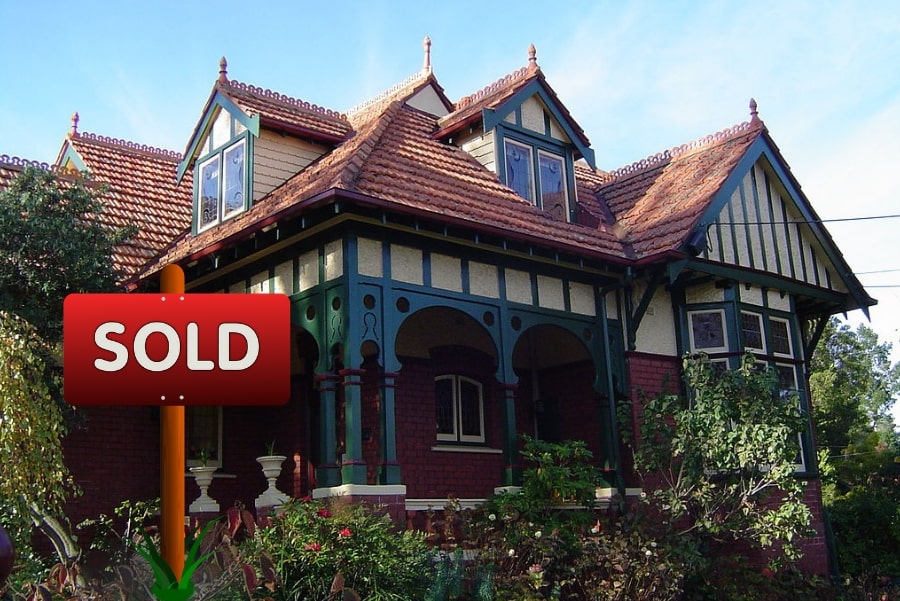
“Capital Gains Tax (CGT)” – A word that many have heard of, but few completely understand.
The world of tax can get a bit confusing. That’s why our team are here to help.
In this article, we will aim to demystify Capital Gains Tax so that you can more feel comfortable with what you’re getting into when investing in property.
What is Capital Gains Tax?
As per the Australian Tax Office (ATO) website, “If you sell a capital asset, such as real estate or shares, you will usually make a capital gain or a capital loss”.
This simply relates to the difference between what the asset cost you to acquire and what you received when selling (disposing of) it.
Capital Gain = Achieved when the capital proceeds received from selling an asset (Eg. A Property) are more than what it cost you in the beginning (its cost base).
Capital Loss = Achieved when the asset’s reduced cost base exceeds those capital proceeds. Ie. You make a loss on the sale of your asset (Eg. A Property).
You need to report capital gains and losses in your income tax return and pay tax on any of your capital gains.
When you make a capital gain, it is added to your income, which could significantly increase the tax you need to pay.
As tax is not withheld for capital gains, it would be worth working out much tax you may owe in advance and set aside sufficient funds to cover the relevant amount. Your accountant will be able to help you with this.
What is a Reduced Costs Base?
When referring to property investments:
Reduced Cost Base = the amount you paid for the property – Incidental costs associated with acquiring, holding and disposing of the property.
Incidental costs could include:
- Legal fees
- Stamp duty
- Real estate agent’s commissions
Any amounts that you have deducted or which you can deduct throughout the year, are excluded from the property’s cost base or reduced cost base.
If this concept is still a bit fuzzy to you, ensure to have a chat with your Accountant. They will be able to explain it further in a way that you can understand.
Exceptions to the Rule
- If you are a co-owner of an investment property, you will make a capital gain or loss, according to your ownership interest in the property.
- If you hold the property for more than 12 months, you may then qualify for a 50% discount on the capital gain.
- Your capital gain or capital loss may be disregarded if a rollover applies – for example, if your property was destroyed or compulsorily acquired, or if you transferred it to your former spouse under a Court Order (following the breakdown of your marriage).
- Most personal assets are exempt from CGT, including your home, car and personal use assets such as furniture.
- CGT also doesn’t apply to depreciating assets used solely for taxable purposes, such as business equipment or fittings in a rental property.
How Much Capital Gains Tax Will You Need to Pay on Your Property?
In terms of a number, it truly depends.
Many investors panic at the thought of having to pay tax on gains made after selling their investments. However, with the Australian current policy and laws (as at 11.12.18), it may not be as bad as you think.
Because of the 50% discount that most people get (holding a property for over a year), you will generally not pay more than 15% tax on your gain. This means that you get to keep 85% of the capital gain.
So, there you have it, a basic guide to Capital Gains Tax and how it relates to property investors.
If you’d like some further information about Capital Gains Tax, ensure to check out the ATO website here.
In addition to the above, the very best advice we can give you is to
- Think hard about any investment decisions
- Ask for help and advice from professionals at your fingertips
- Do your homework
As your accountants, we’re here to help you all year round. This ensure that our property investor clients are effectively maximising their investments.
Make an appointment to see one of our accountants by clicking the “BOOK AN APPOINTMENT” button at the top of the page. Alternatively, give us a call on (03) 9762 7344.





